Our Story and Values
In September 2015, RefuAid co-founders Tamsyn and Anna hadn’t ever met. They had both been following the events unfolding in Calais and the Mediterranean over the summer of 2015 with horror. Tamsyn’s background was corporate and non-profit recruitment and following the birth of her two daughters had been a stay at home mum. Anna studied International Relations with a particular emphasis on Darfur and had worked for a small refugee charity in Melbourne, Australia prior to returning home to begin legal training.
Desperate to do something to help those arriving in Europe, Anna and Tamsyn joined a local refugees welcome Facebook group. On the day that the image of Aylan Kurdi was on the front page of every UK paper, Tamsyn wrote a post in the Facebook group, hoping to connect with local people who wanted to help proactively and practically. Anna and a surgeon named Luke replied, and they arranged to meet at a local café to discuss what they could do.
Two weeks later, the trio had organised a voluntary medical team of doctors and nurses and sourced pallets of medication to go out to Lesvos, Greece. What Anna, Luke and Tamsyn witnessed on the Greek islands was horrific: a lack of basic sanitation and medical care that was costing lives, a lack of engagement with the local community who wanted to help but lacked basic resources and a lack of a long-term approach that meant people were put into camps and left with no access to independence.
Once home, Anna and Tamsyn struggled to return to everyday life, having witnessed so much need and identified clear gaps in support. It was clear to both women that those arriving were capable and wanted to live independently, yet outdated attitudes and a hostile immigration policy were preventing this. In November 2016, Tamsyn found a wonderful childminder, and Anna quit her job. They decided to make RefuAid a full-time job.
“We want to challenge the negative rhetoric surrounding refugees and show that, given the right support, refugees and asylum seekers can be an asset both economically and culturally to their host communities. Since founding RefuAid we have met so many incredibly determined people who with the right support, have flourished, become fully independent and no longer need to rely on aid or handouts.”
RefuAid has supported many people gain independence in both Greece and the UK, and we are now focusing our efforts on three key barriers to access for refugees with leave to remain, trying to restart their life in the UK: finance and re-qualification, language tuition and specialist employment advice.
The language project has supported 1000 students via language tuition and certification, while bespoke career guidance makes use of a national network of corporate partners providing work placements, mentoring and job opportunities.
A ‘character-based’ loan scheme offers interest-free loans of £10,000, for internationally-trained refugees to pay for UK accreditation and requalification, to return to employment in their prior professional field. We have now lent over £2 million and applicants are gaining employment commensurate with their skills, this is a radical approach with clear, positive impact. Under the banner of ‘Hope; Resilience; Unity’, we require and hope to generate plenty of all three.
AT REFUAID STAYING TRUE TO OUR ETHICS AND PURPOSE IS CRUCIAL AND INHERENT TO THE SUCCESS OF OUR PROJECTS. WE HAVE A LIST OF VALUES THAT DRIVE US AND ARE NON-NEGOTIABLE WITHIN OUR WORK:
1. I.N.I - As an organisation we remain independent, neutral and impartial. This enables us to act quickly and respond to those in greatest need.
2. Unity - We work with people. All people. Regardless of nationality, religion or political affiliation.
3. Local - At the core of RefuAid is a passional to remove reliance on external aid actors. We source local practical solutions, led, created and implemented by those who live in the areas we work.
4. Listening - Before initiating a project we listen to communities and those we are there to help. Informal focus groups allow us to identify individuals greatest needs and implement projects to sustainably help.
5. Long-term thinking - NONE of our projects are initiated without a long-term plan as to how the project can support the people in the years to come.
